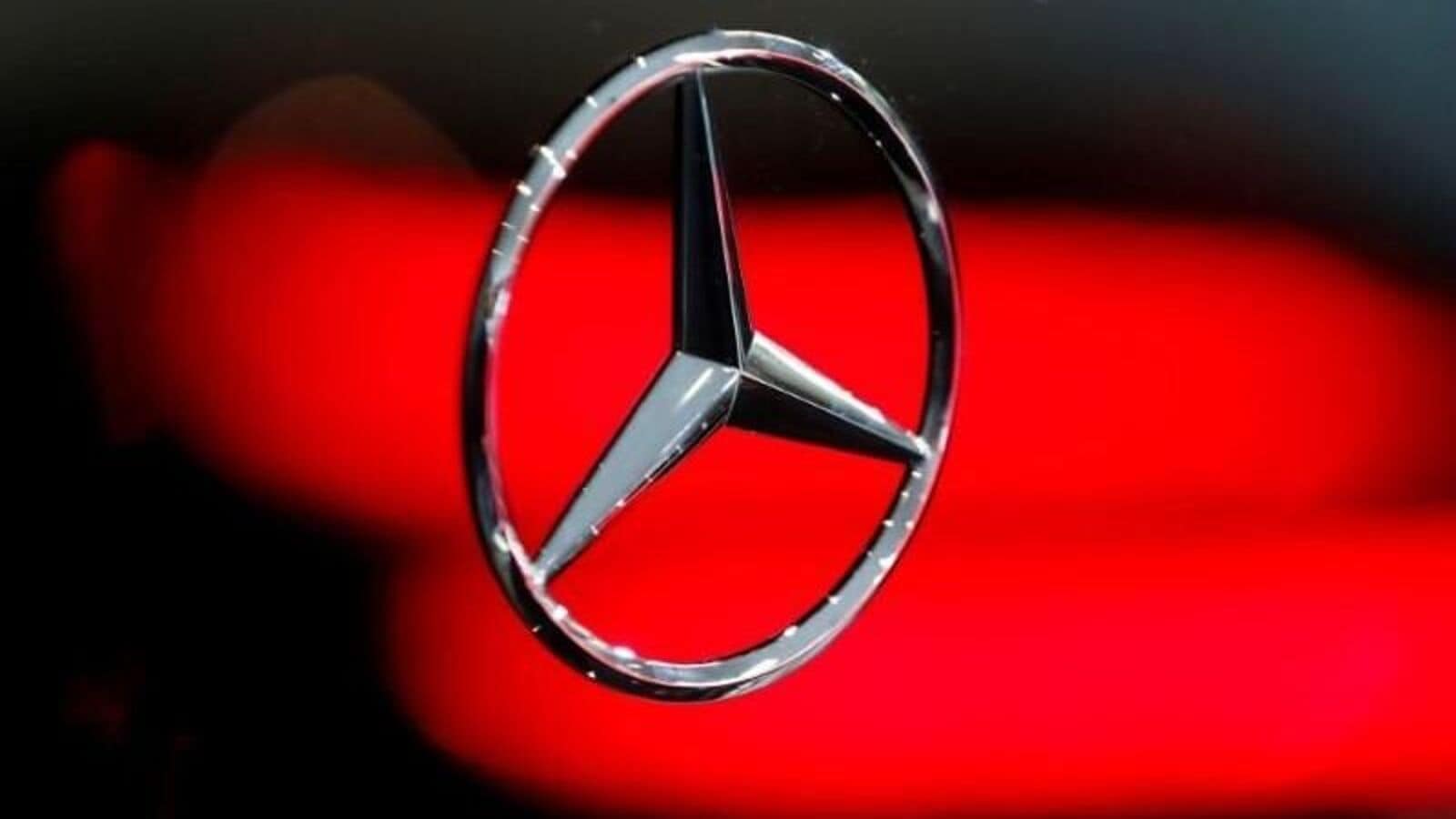After acknowledging overly ambitious goals for electric vehicle (EV) adoption, Mercedes is now pouring significant resources into improving its combus
…
Mercedes-Benz, the German automaker known for luxury vehicles, is hitting the reset button on its electrification strategy. After acknowledging overly ambitious goals for electric vehicle (EV) adoption, Mercedes is now pouring significant resources into improving its combustion engine technology.
This shift in focus comes from CEO Ola Kallenius, who recently admitted to German publication Wirtschaftswoche that internal combustion engine (ICE) technology “will last well into the 2030s.” To ensure compliance with increasingly strict emissions regulations, Mercedes is making substantial investments in these traditional gasoline and diesel powertrains.
Investing in high-tech combustion engines
This year alone, Mercedes is allocating a staggering €14 billion (around $15 billion) to its passenger car division. While these funds support electrification and digitisation efforts, a significant portion is dedicated to “high-tech combustion technology.” Kallenius acknowledged that the investment in ICE development is “more money than previously planned.”
One example is the upcoming mid-cycle update for the flagship S-Class sedan scheduled for 2026. “We have invested a lot more in the model update of the new combustion engine S-Class than we normally spend on a facelift,” revealed Kallenius. The goal is to push Mercedes’ conventional powertrains to “the very highest technological level.”
Also Read : Mercedes halts development of MB.EA Large platform amid poor EV sales: Reports
This renewed focus on combustion engines stems from the need to comply with stricter emissions regulations like Euro 7 and China 7. Essentially, Mercedes needs to update its engines to run cleaner and avoid hefty fines. Källenius hinted at future engines with some degree of electrification, suggesting a potential rise in hybrid offerings.
Adapting to reality
Mercedes’ shift in strategy reflects a recognition that the transition to EVs is not happening as quickly as initially anticipated. Three years ago, the company projected that plug-in hybrids and fully electric cars would represent roughly half of their annual sales by 2025. This target now appears highly improbable.

Furthermore, Mercedes previously stated plans to become fully electric by 2030 in certain markets. However, faced with market realities, they have adjusted their goals. The revised target aims for hybrids and electric vehicles to account for half of all deliveries by the end of the decade. The ultimate goal of achieving carbon neutrality by 2040 remains unchanged, according to Källenius.
EV ambitions remain, but with adjustments
Despite the renewed focus on combustion engines, Mercedes is not abandoning its electric ambitions entirely. Kallenius dismissed rumors about canceling the development of a platform for the next-generation EQS electric sedan. Additionally, plans for eight gigafactories to build batteries for future electric vehicles remain on track, albeit with a slight delay.
Also Read : Mercedes-Benz sticks to $24 million investment plan for India in 2024
An intriguing report earlier this year emerged regarding the EQS. Mercedes was allegedly testing a version with a range-extending gasoline engine – a tiny two-cylinder unit mounted at the front of the car. While these trials supposedly stopped, it highlights Mercedes’ potential exploration of alternative solutions to increase electric vehicle range.
Also watch: Mercedes AMG EQS 53 EV review: Worth the price tag?
It’s important to note that Mercedes has a partnership with Geely to develop hybrid engines for Volvo models. This collaboration leverages Geely’s expertise in range-extender technology, a concept they’re also exploring with Renault. Additionally, Mercedes recently established a separate division called “Horse” dedicated specifically to combustion engines, potentially including range extenders.
Looking ahead: A balanced approach
Mercedes’ revised strategy represents a more balanced approach to the future of mobility. While acknowledging the importance of electrification, the company recognizes the continued relevance of improved combustion engines for the foreseeable future.
(Also read: Upcoming cars in India)
This shift allows Mercedes to comply with emissions regulations, cater to customer preferences, and maintain its position as a leader in the automotive industry. The coming years will be interesting to watch as Mercedes navigates this evolving landscape, juggling both high-tech gasoline and electric powertrains.
First Published Date: 03 Jul 2024, 06:31 AM IST

